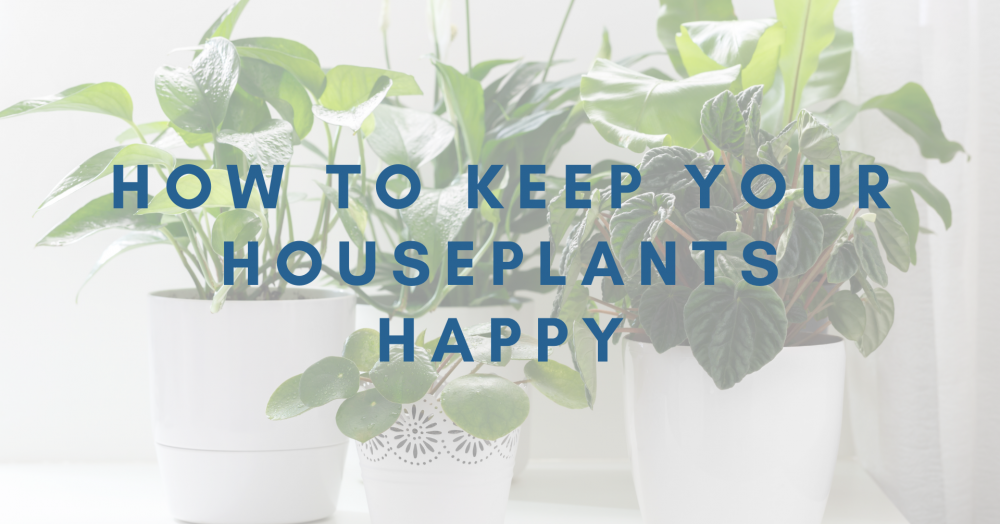Houseplants add colour and freshness to work and living spaces – and deliver a host of health benefits. As this week is Houseplant Week UK, let’s look at the do’s and don’ts of cultivating indoor plants.
This three-minute read looks at the benefits of cultivating houseplants and how to get started.
Reasons to green your scene
- If you take good care of your houseplants, they’ll look great all year round. Even in the depths of winter – when the trees are depressingly bare outside – you’ll be surrounded by greenery indoors.
- Houseplants improve air quality because they absorb carbon dioxide and toxins and produce oxygen.
- As humans, we have an in-built connection with the natural world. Being surrounded by plants can boost our mood and lower anxiety.
Getting started
Before you rush out and buy a host of plants that you’ve seen on Instagram, do some research so that you select species that will thrive in your home or office.
Some plants need more sun than others, so assess the light quality in your chosen space (light intensity meter apps are available to help you do this).
Other issues to consider include heating (avoid placing plants near radiators) and ventilation (plants like well-ventilated spaces).
Pets
If you have a cat or dog, choose non-toxic species. Charities such as Blue Cross, Cats Protection, and The Dogs Trust all have helpful lists of poisonous plants on their websites.
Easy to grow
If you’re not green-fingered, go for what some in the gardening world call ‘unkillables’. Look for snake plants, spider plants, monsteras, sansevieria, aspidistra, or Devil’s Ivy (pothos).
If you discover a passion for indoor gardening, you can graduate to more high-maintenance plants like orchids, weeping figs, and Venus flytraps.
Watering
Your plant should come with clear watering instructions. Bear in mind that over-watering is a common problem. Signs you’ve overdone it with the H2O include slow growth, soft, yellowing leaves and mouldy soil.
If you’re unsure if your plant needs a drink, dip your finger in the first few centimetres of the soil. If it feels dry, then go ahead and water.
Drainage
Use plant pots that have a hole in the base so that excess water can drain away. Set the pot on a saucer to catch this water.
Dust
Dust can gather on leaves and block the light that plants need to thrive. Give dusty leaves a gentle dab with a wet cloth.
From all of us here at Holden Estate Agents, thanks for reading.
